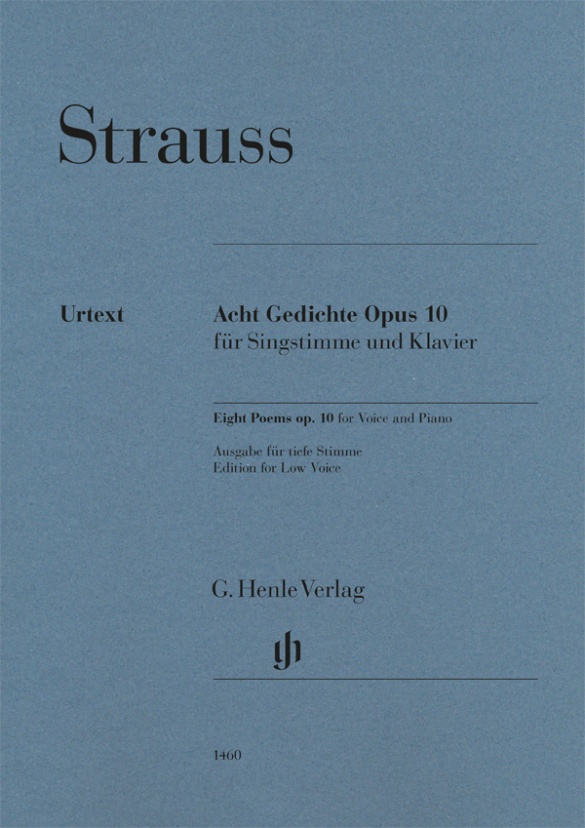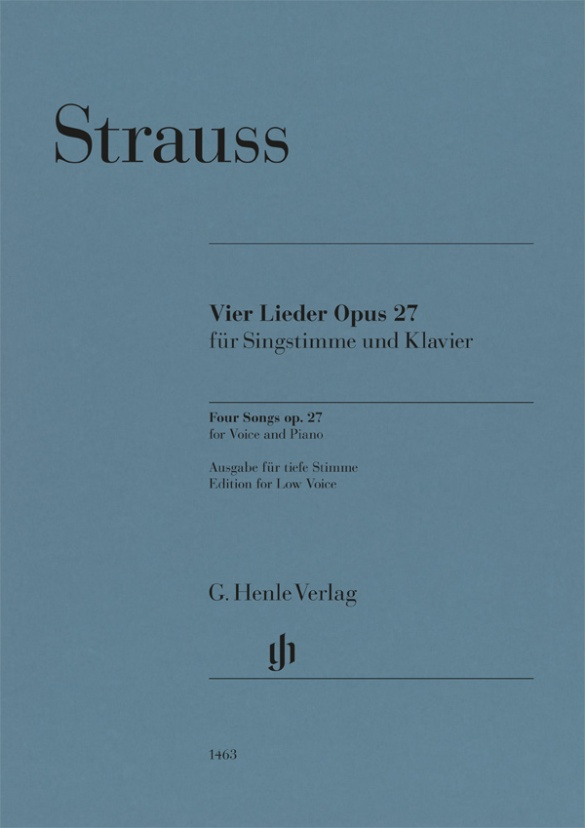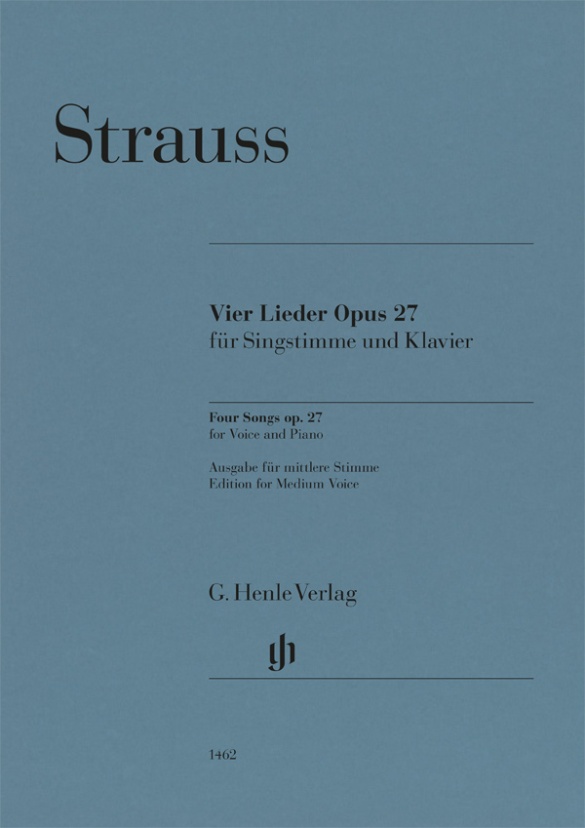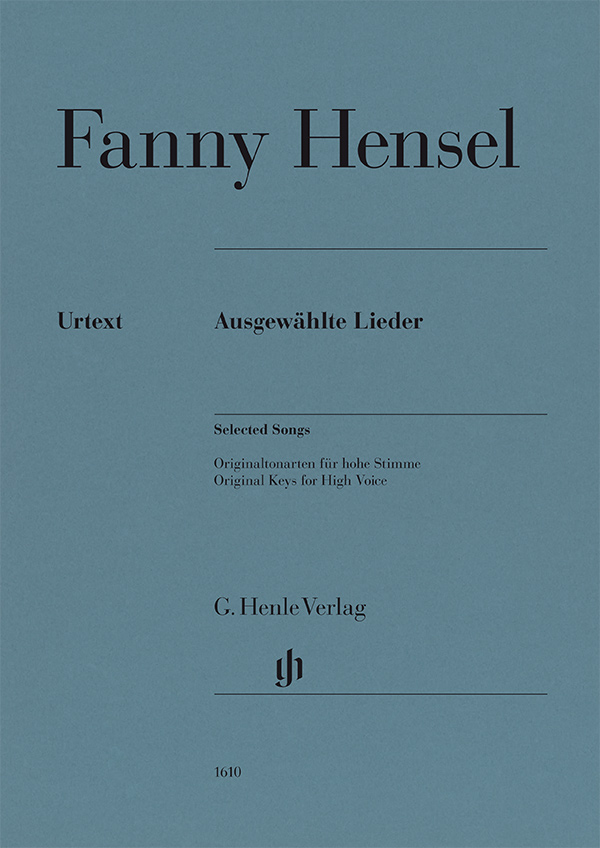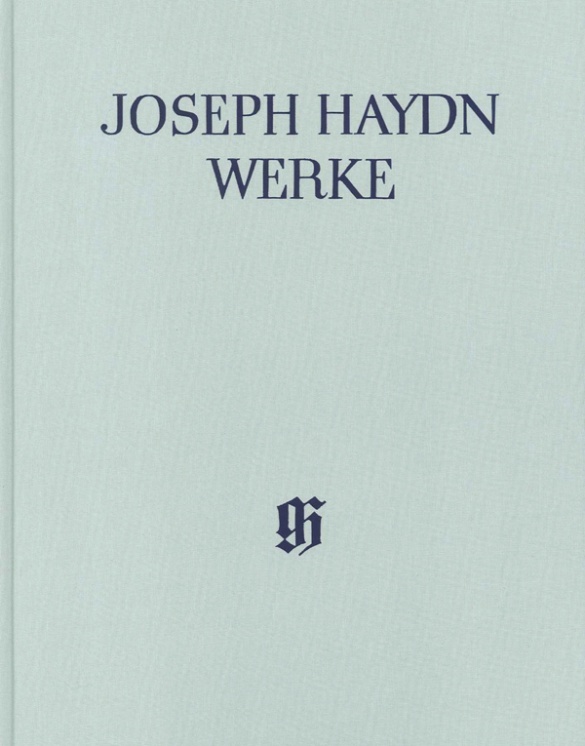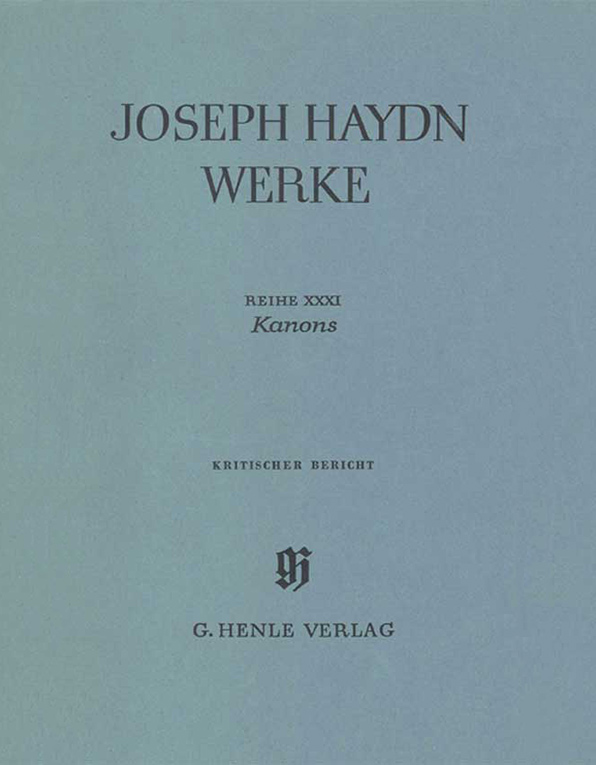Richard Strauss
Eight Poems op. 10
Written in 1885, the eight songs after texts by the now little-known poet Hermann von Gilm have a special place in Richard Strauss’ corpus of Lieder. For the first time, he composed an entire set of songs on texts by a single poet, collecting them into one opus that was also to appear in print. Some of the numbers in it, like “Zueignung,” “Die Nacht,” and “Allerseelen,” are among the most popular Strauss songs of all time, but the entire cycle with its well-planned structure is also worthy of closer examination and performance. The aspiring composer quite consciously aligns himself with the tradition ranging from Schubert to Wolf, choosing the highly Romantic subject of unrequited love and illuminating its most diverse facets.The first edition of op. 10, published in 1887 for high voice, was followed during the composer’s lifetime by transposed versions for middle and low registers, something that was then to become the rule for all of Strauss’s songs. Henle has returned to these tried and tested transpositions for its own Urtext edition for low voice, so as to offer this wondrous song-cycle to all voice ranges.
内容/詳細
作曲家について
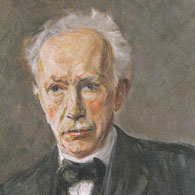
Richard Strauss
One of the most important opera composers of the twentieth century. His oeuvre comprises fifteen operas, nine symphonic poems, instrumental concerti, and a large number of songs. His stage works are marked by their great variety of genre and subject matter.
| 1864 | Born in Munich on June 11, the son of Franz Joseph Strauss, principal horn player in the court orchestra. Receives instruction in piano, violin, and composition. |
| 1885–86 | Conductor at the Meiningen Court Orchestra, initially under the tutelage of Hans von Bülow. |
| 1886 | Music director at the Munich Court Theatre. |
| 1887–1903 | He increasingly devotes himself to the symphonic poem, including “Tod und Verklärung” (“Death and Transfiguration”) in C minor, Op. 24; “Till Eulenspiegels lustige Streiche” (“Till Eulenspiegel’s Merry Pranks”) in F major, Op. 28; “Also sprach Zarathustra,” Op. 30; “Symphonia Domestica” in F major for large orchestra, Op. 53. |
| 1889–94 | Music director in Weimar. First Kapellmeister in Munich in 1894, in Berlin at the Royal Court Opera from 1898–1910. |
| 1905 | Breakthrough with the premiere of “Salome,” Op. 54. |
| 1906 | Beginning of his collaboration with Hugo von Hofmannsthal on the harmonically progressive opera “Elektra,” Op. 58, premiered in Dresden in 1909. |
| 1911 | Sensational premiere in Dresden of “Der Rosenkavalier,” Op. 59, which refers back to operatic tradition and makes him the leading German opera composer. He decides to dedicate himself primarily to operas: “Ariadne auf Naxos,” Op. 60 (1912); “Intermezzo” Op. 72 (1924); “Die ägyptische Helena,” Op. 75 (1928); “Arabella,” Op. 79 (1933); “Die schweigsame Frau,” Op. 80 (1935); “Friedenstag,” Op. 81, and “Daphne,” Op. 82 (1938); “Die Liebe der Danae,” Op. 83 (1944). |
| 1919 | Director of the Vienna State Opera. Premiere there of “Die Frau ohne Schatten,” Op. 65. |
| 1931 | Collaboration with Stefan Zweig. |
| from 1944 | Composition of his last works: Metamorphosen, for 23 solo strings, Oboe Concerto in D major, Four Last Songs. |
| 1949 | Death in Garmisch-Partenkirchen on September 8. |
校訂者や運指担当者について
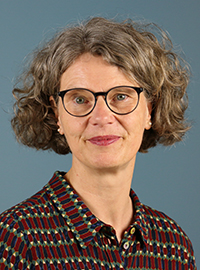
Annette Oppermann (校訂)
Dr. Annette Oppermann, born in 1965, trained as a music dealer in Frankfurt am Main and studied historical and systematic musicology as well as modern German literature at Hamburg University.
From 1993 to 1996 she worked as an editor for Sony Classical International in Hamburg; from 1996 to 1999 she was a doctoral candidate in the postgraduate programme Textkritik at the Ludwig-Maximilians-Universität in Munich, in January 2000 she earned her doctorate with a dissertation on “Musikalische Klassikerausgaben” (Hans-Joachim Marx, Hamburg). From 2000 to 2008 she worked as a research associate at the Joseph Haydn-Institut in Cologne, and was editor of the Oratorio “Die Schöpfung” in the Complete Edition of Joseph Haydn’s Works. Since February 2008 she has been an editor at G. Henle Publishers in Munich, with a particular focus on vocal music, chamber music and books.
製品安全に関する情報

G. Henle Verlag
製品の製造元に関する情報はこちらでご覧いただけます。G. Henle Verlag
Forstenrieder Allee 122
81476 München
info@henle.de
www.henle.com
おすすめ
autogenerated_cross_selling
このタイトルを含む他の版


